What are good Taiwanese films? What kind of local movies does Taiwan need to boost its film industry?
The answer is to be given by the Government Information Office (新聞局, GIO) which is picking up six local movies and re-packaging them for a free-of-charge film festival, called The New Highway of Taiwan Cinema.
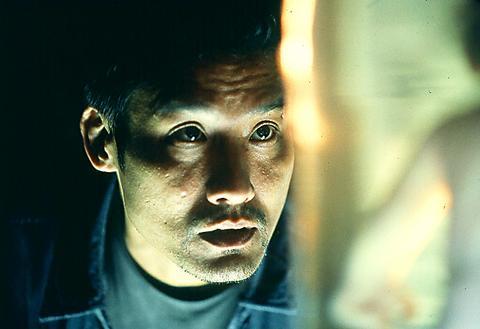
The six films are: The Personals (徵婚啟事, 1998), Double Vision (雙瞳, 2002), Flower of Shanghai (海上花, 1998), What Time is it There? (你那邊幾點, 2001), The Best of Times (美麗時光, 2002) and Crouching Tiger, Hidden Dragon (臥虎藏龍, 2000).
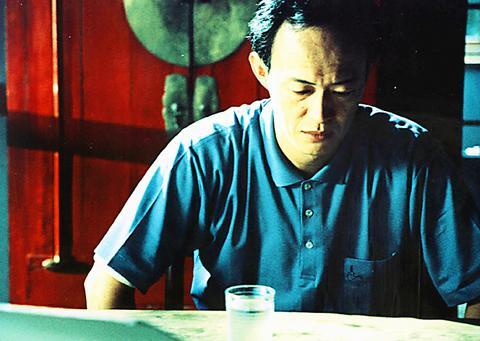
Taiwan's movie industry has been in a slump for 10 years, despite the GIO's best efforts. It seems Taiwanese audiences have little appetite for their own films. As a result fewer films are being made. This year, only eight Taiwanese films were made.
"We need more films like Double Vision and Crouching Tiger," said Peggy Chou (周蓓姬), the director of the Motion Picture Department at the GIO.
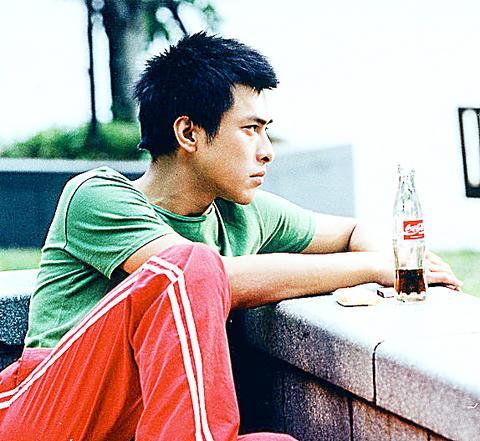
A common feature of the six chosen films in the festival is that they are either co-production works with international talent and money (Crouching Tiger and Double Vision), or they are locally made "small films," with innovative sales and marketing strategies.
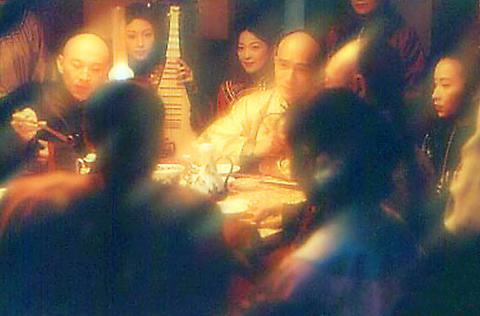
From the GIO's point, to show these films, free-of-charge at the Hsin Hsin Cinema helps young people develop a way to appreciate local movies. For movie fans, it is another good chance to see these quality Taiwanese films again, on a large cinema screen.
At press time, there were no more free tickets at Eslite Bookstore branches, but five minutes before screening people will be allowed in if there are any spare seats, on a first-come-first-served basis.
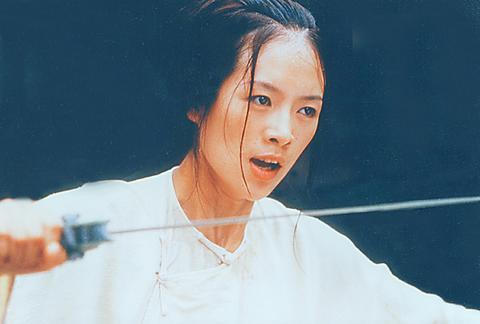
Apart from the screenings, there are two panel discussions to be held at SPOT Taipei Film House. On Oct. 12, the talk will be about the future of international co-production, and on Oct. 14, the focus will be on the sales and marketing of Taiwanese films. Both start at 7pm.
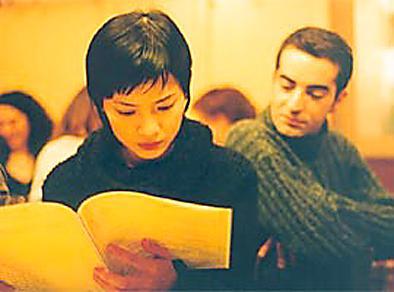
Synopses of the six films
Double Vision
A local cop works with an FBI agent on a string of serial murder cases in Taipei that seem to be caused by a rare kind of fungus. The more they find out, the more danger and mystery they are trapped in.
Screening time: 4:30pm, Oct. 11, 7pm, Oct. 16.
The Personals
A well-off but lonely optician decides to find her future husband by posting a personal ad in a newspaper. She meets dozens of men from different backgrounds and starts a bizarre journey to find true love.
Screening time: 7pm, Oct. 11, 4:30pm, Oct. 16.
The Best of Times
Two teenagers from a poor family and a troubled environment have dreams of becoming Bruce Lee and a magician. Fate draws them into the underworld and their dreams fade.
Screening time: 4:30pm, Oct. 12, 4:30pm, Oct. 15.
Flowers of Shanghai
At the most famous and elegantly decorated brothel in 1800s Shanghai, a rich businessman's son falls for a well-known prostitute. In a place where true love doesn't seem to exist, a tragedy happens amid the lively conversations and subtle tensions of the brothels.
Screening time: 4:30 Oct. 13, 7pm, Oct. 15.
Crouching Tiger, Hidden Dragon
A precious sword is stolen by a mysterious thief, drawing Lee Mu-bai -- the owner of the sword -- away from his meditations to fight again. His lover Yu Hsiu-lien wants to help, but a young woman named Jen joins the battle and stirs up old hatreds and new enemies.
Screening time: 4:30pm, Oct. 14, 7pm, Oct. 17
What Time is it There?
A watch vendor is fascinated about time after he meets a girl who buys one of his watches and goes to France.
Screening time: 7pm, Oct. 13, 4:30pm, Oct. 17.

June 2 to June 8 Taiwan’s woodcutters believe that if they see even one speck of red in their cooked rice, no matter how small, an accident is going to happen. Peng Chin-tian (彭錦田) swears that this has proven to be true at every stop during his decades-long career in the logging industry. Along with mining, timber harvesting was once considered the most dangerous profession in Taiwan. Not only were mishaps common during all stages of processing, it was difficult to transport the injured to get medical treatment. Many died during the arduous journey. Peng recounts some of his accidents in

“Why does Taiwan identity decline?”a group of researchers lead by University of Nevada political scientist Austin Wang (王宏恩) asked in a recent paper. After all, it is not difficult to explain the rise in Taiwanese identity after the early 1990s. But no model predicted its decline during the 2016-2018 period, they say. After testing various alternative explanations, Wang et al argue that the fall-off in Taiwanese identity during that period is related to voter hedging based on the performance of the Democratic Progressive Party (DPP). Since the DPP is perceived as the guardian of Taiwan identity, when it performs well,

The Taiwan People’s Party (TPP) on May 18 held a rally in Taichung to mark the anniversary of President William Lai’s (賴清德) inauguration on May 20. The title of the rally could be loosely translated to “May 18 recall fraudulent goods” (518退貨ㄌㄨㄚˋ!). Unlike in English, where the terms are the same, “recall” (退貨) in this context refers to product recalls due to damaged, defective or fraudulent merchandise, not the political recalls (罷免) currently dominating the headlines. I attended the rally to determine if the impression was correct that the TPP under party Chairman Huang Kuo-Chang (黃國昌) had little of a

A short walk beneath the dense Amazon canopy, the forest abruptly opens up. Fallen logs are rotting, the trees grow sparser and the temperature rises in places sunlight hits the ground. This is what 24 years of severe drought looks like in the world’s largest rainforest. But this patch of degraded forest, about the size of a soccer field, is a scientific experiment. Launched in 2000 by Brazilian and British scientists, Esecaflor — short for “Forest Drought Study Project” in Portuguese — set out to simulate a future in which the changing climate could deplete the Amazon of rainfall. It is